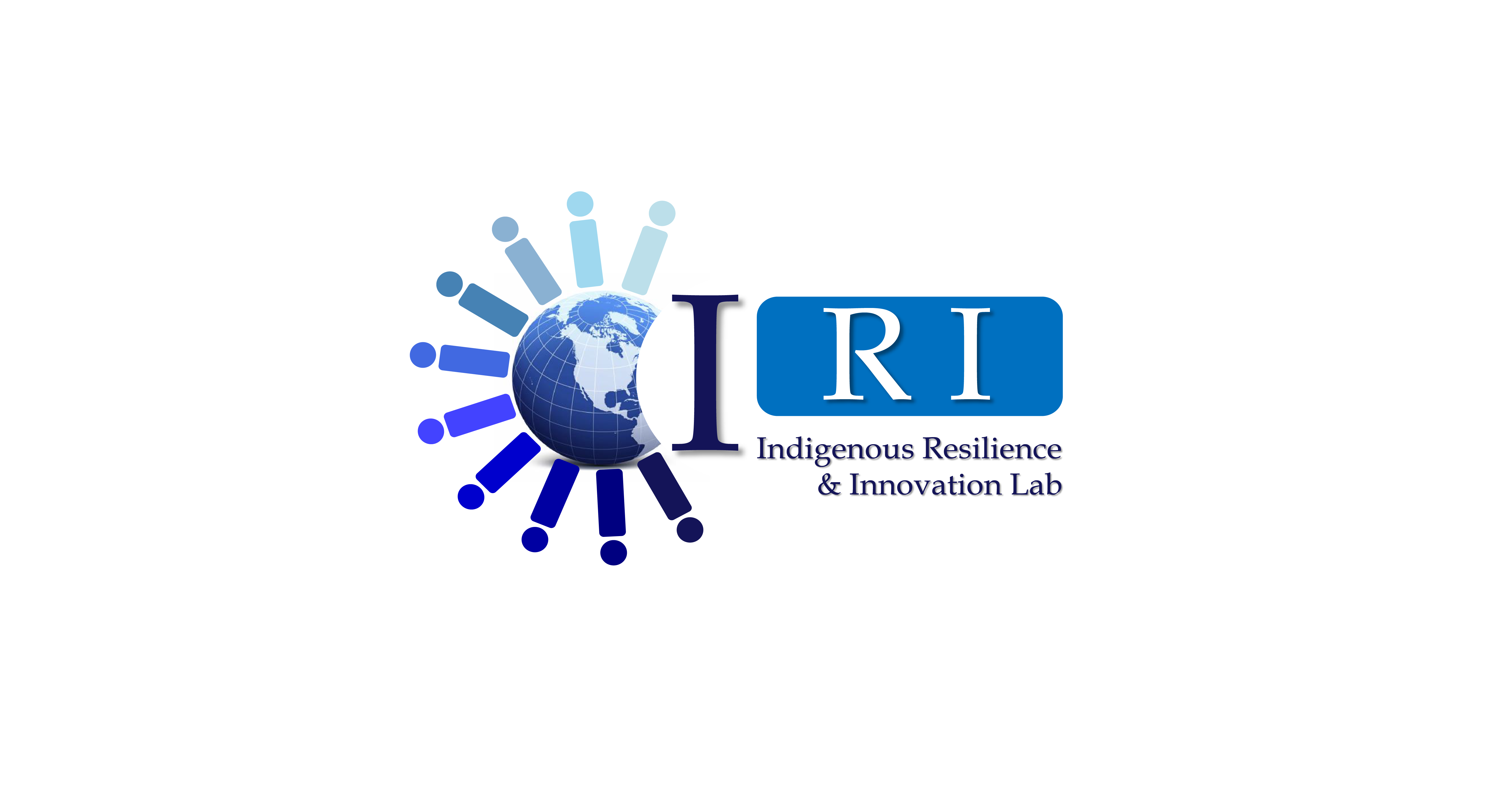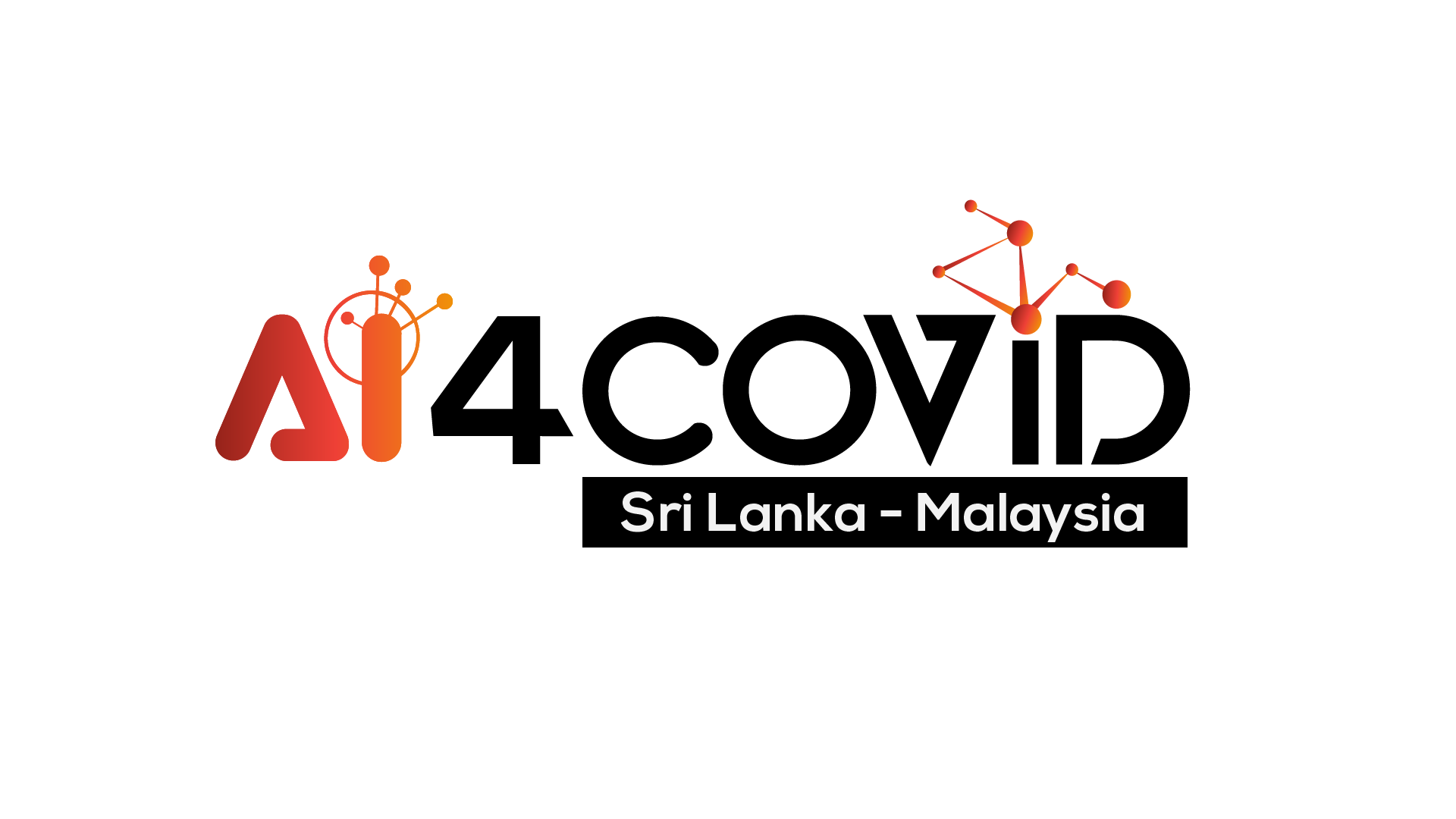Gayanthi Ilangarathna
About ME
Hello, I’m Gayanthi, a master’s student in the Department of Geography at Virginia Tech. My research interests focus in the use of interdisciplinary approaches to address the complex interactions between humans and the environment. Specifically, my work focuses on climate change, food systems, vulnerable communities, rural issues, Indigenous peoples, agricultural economics, and both quantitative and qualitative analysis. I am deeply passionate about solving the challenges faced by underprivileged populations through collaborative, interdisciplinary research.
My previous research has involved working with Indigenous peoples, local coastal fishing communities, and rural agricultural groups. Currently, my research centers on the climate-food nexus of Indigenous peoples in the pan-Arctic region. Alongside my research team, I am collaborating with Indigenous communities in Pangnirtung, Canada, to develop community-based approaches to address food insecurity.


EDUCATION
M.Sc. in Geography
Department of Geography, Virginia Tech
Thesis title: Identifying impacts of non-climatic factors and adaptation responses on food security of Indigenous Peoples in the pan-Arctic region
————————————————————————–
B.Sc.in Agricultural Technology and Management (specialized in Agricultural Economics)
Faculty of Agriculture,
University of Peradeniya, Sri Lanka
Thesis title: An Ex‑ante Assessment of New Rice Breeding Technologies for Sri Lanka.
Working groups
I am part of several dynamic research groups that focus on innovative and impactful work. These labs bring together diverse teams to tackle critical challenges, offering opportunities to engage with cutting-edge research and collaborate on projects that drive real-world impact.

IRI Lab
Our lab’s main aim is to explore the social dimensions of human-nature systems, with a particular focus on climate change adaptation and the resilience of Indigenous communities and their local food systems. Using place-based participatory research methods, the lab seeks to understand and support how these communities experience and adjust to environmental changes, while also contributing to global-level assessments and policy development through international collaborations and interdisciplinary research.

IPON
The Indigenous Peoples Observatories Network is a network with Indigenous and non-Indigenous researchers, decision-makers, NGOs, and community members who have united to deepen their understanding and response to the threats facing Indigenous communities worldwide, with the goal of building resilience to navigate global change.

AI4COVID
The lab focuses on developing a multidisciplinary, AI-driven framework for threat assessment of COVID-19 and future pandemics. By integrating medical, engineering, and social science expertise, the team not only advances AI-based solutions but also fosters efficient policy implications through effective collaboration with government, policymakers, and relevant stakeholders.